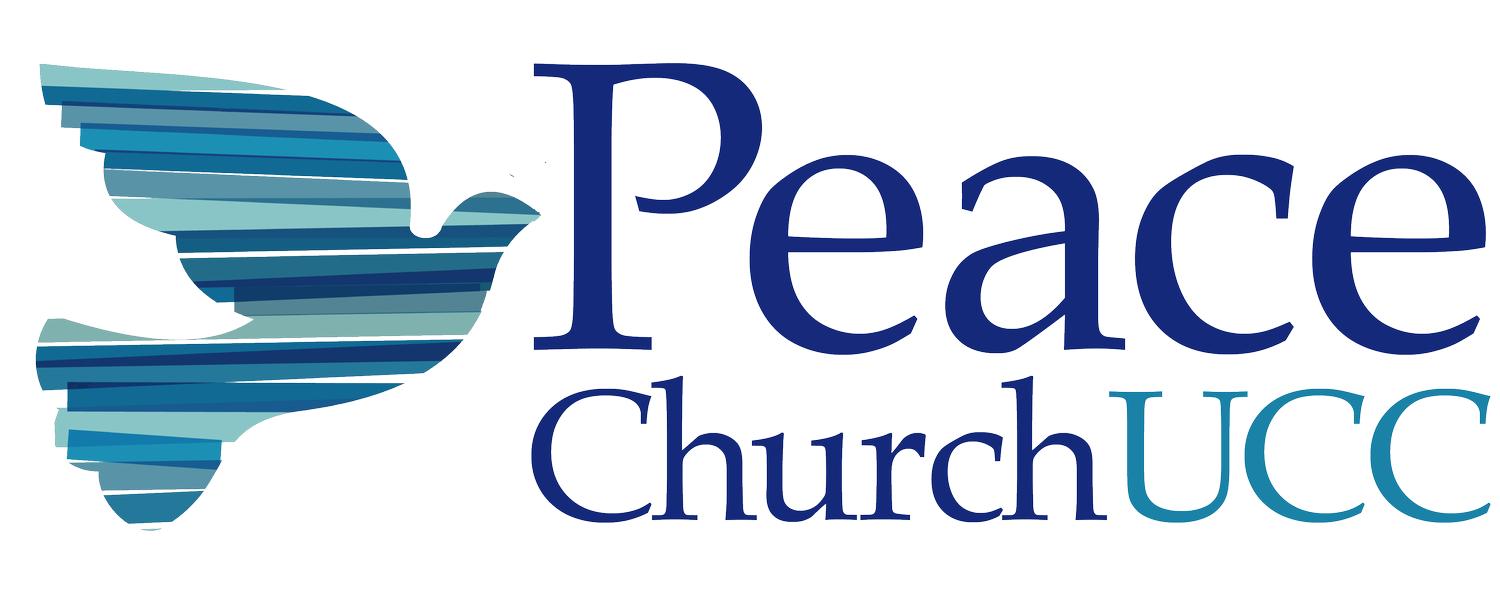Eclipse
Today when you read this, a total solar eclipse will cross North America from Sinola in Mexico to Newfoundland in Canada. Those of you who were in Kansas City on 22 August 2017 will remember the total solar eclipse that passed over our own city well. For me, it was cloudy when the eclipse occurred, yet the effect on the nature which surrounded those of us watching together was profound as all of the nocturnal fauna started to appear from their daytime slumber and chirp and sing as though night had come early for them.
This year, the path of totality is passing to the south of us, and will only cover parts of the Missouri Bootheel, yet what we will see here (90.5% totality) will still be an incredible sight to behold. The eclipse is expected to begin in Kansas City at 12:40 pm CDT, with our maximum eclipse at 1:55 pm CDT, and the eclipse ending here at 3:07 pm CDT.
There are several things one might say to connect this astronomical event to our faith. Paraphrasing the focus of my dissertation, the French cosmographer André Thevet (1516–1590), one might say that "God has uniquely favored our world," over all others, and while eclipses are particular to our Solar System, I don't think this is the best way to look at things. We can calculate when eclipses will occur down to the second, our knowledge of the movements of the objects in Space is that accurate. Rather, I think this eclipse is a profound reminder to us of the immense wonder that the Cosmos encompasses, and that we should be thankful for our evolution as a species to be able to craft methods and tools that can help us seek to understand the Cosmos better.
Oh Lord, how great are thy wonders. Amen.
Safety Note: Please use ISO approved eclipse glasses to look at the Sun. They must say they are standard ISO 12312-2 glasses that are "filters for direct observation of the Sun." Please don't burn your eyes.
Seán is a Ph.D. Candidate in History at Binghamton University in Upstate New York living back at home in Kansas City, Missouri. His dissertation is now titled "André Thevet's Brazil in Sixteenth-Century Natural History." He is making a name for himself as an up-and-coming historian of French Renaissance zoology and is editing his translation of Thevet's 1557 book Les Singularitez de la France Antarctique. He also writes The Wednesday Blog which comes out weekly, and occasionally comes up with good quotable lines.
